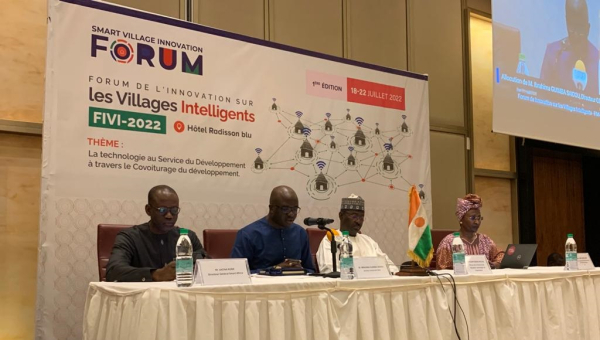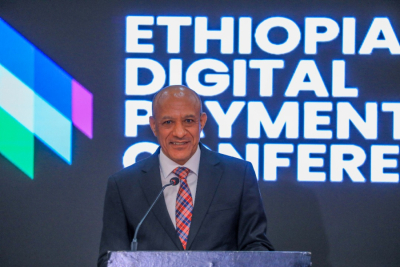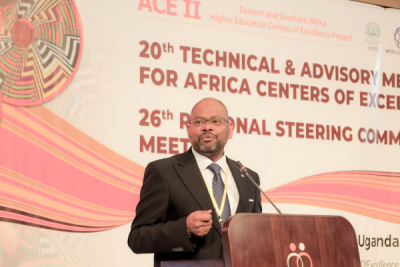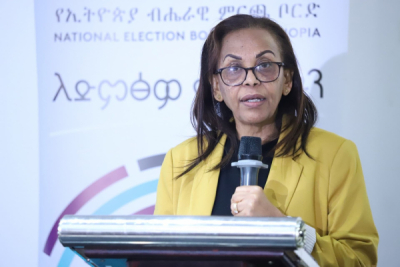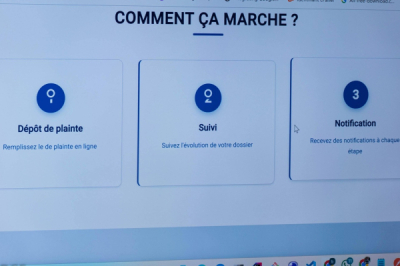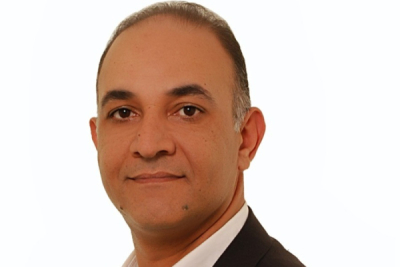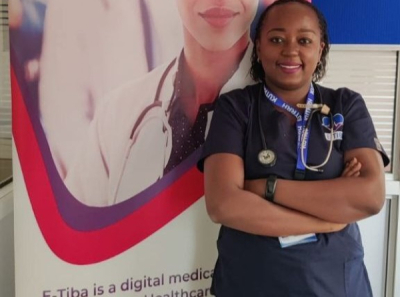The Covid-19 pandemic accelerated digital transformation in most African countries. Nowadays, investments that were previously concentrated in urban areas are increasingly channeled to the development of rural areas, which house most of the population.
Nigerien Minister of Posts and Telecommunications, Hassane Baraze Moussa, presided over the launch of the first edition of the Smart Village Innovation Forum (FIVI) last Monday. The forum, which will be concluded tomorrow (July 22), serves as a framework for reflection on rural areas’ digital transformation. Its theme is “Tec4Dev through Carpooling for Development.”
According to Minister Hassane Baraze, the end goal of the reflections will be to help materialize the government’s commitment “to connecting the rural areas by supporting state institutions and agencies.” It will also help “achieve the state agencies and institutions’ strategies, and end the digital isolation of Niger’s administrative villages.” The reflection is also expected to help “promote the use of e-services in urban and rural areas to notably improve financial inclusion, as well as create an ecosystem that is conducive to the development of local digital content and facilitates support to local startups.”
The plan currently set in motion for the digital transformation of rural areas in Niger is in line with the government’s commitments in its Renaissance Program Act III. The program notably provides for the modernization of rural areas by developing production and human capital as well as improving financial inclusion. By leveraging information and communication technologies, the country can quickly reach those goals.
In 2021, the country’s internet penetration rate was around 30% with low public services digitization scores. According to UN data, in 2020, it was among the countries with the lowest e-governance index, ranking 188th out of 193 countries. Developing broadband connectivity that supports digital services and information is one of the key requirements for the government of Niger to realize its "smart villages" ambition.
Niger "has a predominantly young population living in rural areas. [..] Our youth are our main asset. By training them and allowing them access to information, we will create better conditions to achieve our development objectives,” said Hassane Baraze Moussa.
Adoni Conrad Quenum


